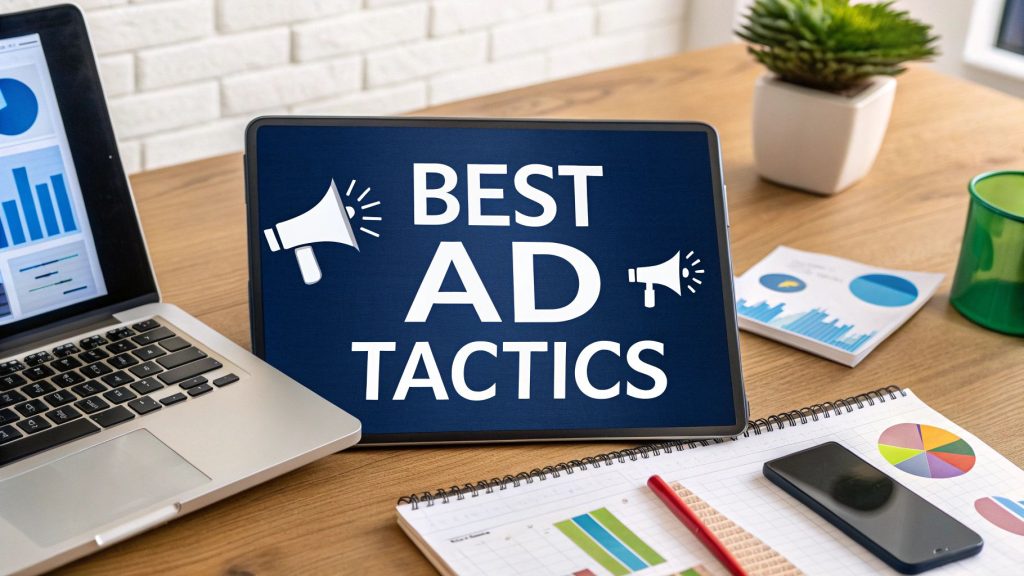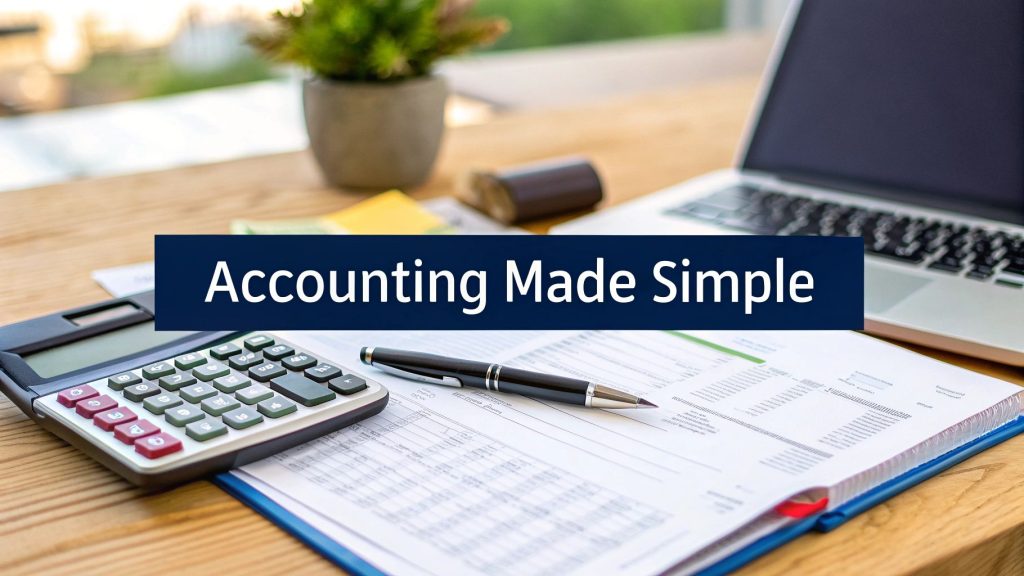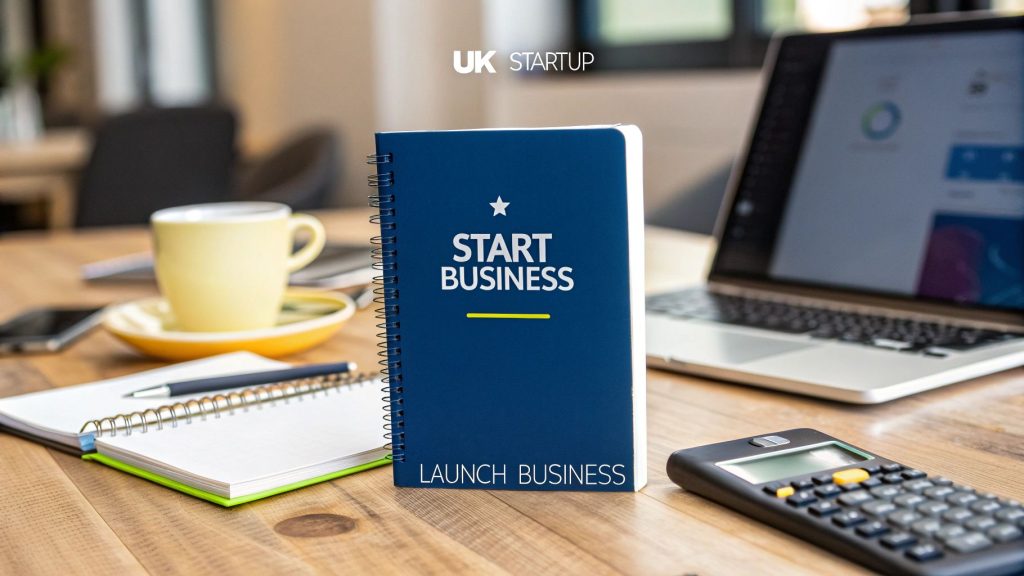Choosing the Right Business Structure
Choosing the Right Business Structure in the UK: A Guide for New Entrepreneurs – Starting a business is exciting, but before you design your logo or launch your website, there’s an important decision to make: how to structure your business. Your business structure affects everything from taxes and paperwork to funding options and even your personal liability if things go wrong.
Choosing wisely at the beginning saves headaches later and ensures you’re set up to grow. In this guide, we’ll break down the main business structures available in the UK, explain the pros and cons of each, and help you decide which may be the best fit for your venture.

Why Business Structure Matters
Think of your business structure as the foundation of your house. The type of foundation you choose affects how you build, how strong your walls are, and how high you can go. In the same way, your choice of structure determines:
-
Legal responsibility: Are you personally liable for debts, or does the company take on that risk?
-
Tax treatment: Will you pay Income Tax, Corporation Tax, or both?
-
Funding & credibility: Are investors and lenders more comfortable with one structure over another?
-
Paperwork & compliance: How much admin are you willing to take on?
Now, let’s explore the main options available to UK entrepreneurs.

1. Sole Trader
A sole trader is the simplest and most common business structure. You run your business as an individual, keeping all profits after tax, but you’re also personally responsible for any losses or debts.
How it works:
-
Register with HMRC for Self-Assessment.
-
Keep records of income and expenses.
-
Pay Income Tax and National Insurance on your profits.
Pros:
-
Easy and inexpensive to set up.
-
Full control over decisions.
-
Profits are yours to keep.
-
Simple accounting compared to companies.
Cons:
-
Unlimited liability — you’re personally responsible for debts.
-
Harder to raise funding from banks or investors.
-
May appear less “professional” than a limited company.
-
Higher tax rates once profits grow beyond certain thresholds.
Best for: Freelancers, consultants, tradespeople, and very small businesses starting out with minimal risk.
2. Partnership
A partnership is similar to being a sole trader but shared between two or more people. Profits, responsibilities, and liabilities are split as agreed in a partnership agreement.
How it works:
-
Each partner registers with HMRC for Self-Assessment.
-
The partnership itself also files a tax return.
-
Profits are split and taxed as personal income for each partner.
Pros:
-
Easy to set up and flexible.
-
Combines skills and resources of partners.
-
Shared responsibility for running the business.
Cons:
-
Unlimited liability — all partners are personally liable for debts.
-
Risk of disagreements unless a strong partnership agreement is in place.
-
Profits must be shared, even if effort isn’t equal.
Best for: Two or more people running a small business together, such as professional services or family businesses.
3. Limited Liability Partnership (LLP)
An LLP combines elements of a traditional partnership with the limited liability of a company. It’s often used by professional firms like solicitors, accountants, or consultants.
How it works:
-
Must register with Companies House.
-
Each member pays tax on their share of profits (as self-employed).
-
LLP itself has to file annual accounts.
Pros:
-
Limited liability protects partners’ personal assets.
-
Flexible internal structure and profit-sharing.
-
More professional credibility compared to a standard partnership.
Cons:
-
More expensive and complex to set up than a simple partnership.
-
More admin — must file with Companies House.
-
Still taxed as individuals, so limited scope for Corporation Tax savings.
Best for: Professional service firms or groups of consultants wanting partnership flexibility with added liability protection.

4. Private Limited Company (Ltd)
A limited company is a separate legal entity from its owners (shareholders). It must be registered with Companies House and pays Corporation Tax on profits. Directors run the business and shareholders own it (often the same people in small companies).
How it works:
-
Company pays Corporation Tax on profits.
-
Shareholders can take dividends (after tax) and directors can pay themselves a salary.
-
Must file annual accounts and a confirmation statement with Companies House.
Pros:
-
Limited liability — personal assets are protected if the business fails.
-
More tax-efficient once profits grow beyond a certain level.
-
Easier to raise finance from investors and banks.
-
More credibility with clients and suppliers.
Cons:
-
More paperwork and admin: annual accounts, Companies House filings, Corporation Tax returns.
-
Profits belong to the company, not directly to the owner.
-
Directors have legal duties and can be fined for non-compliance.
Best for: Businesses planning to grow, hire staff, or raise investment; entrepreneurs who want protection and flexibility in how they take profits.
5. Public Limited Company (PLC)
A PLC is a company that can offer shares to the public and must have a minimum share capital of £50,000. In practice, this structure is used by large, established businesses.
How it works:
-
Shares can be traded publicly (often on the stock exchange).
-
Must have at least two directors and a qualified company secretary.
-
More stringent reporting and regulatory requirements.
Pros:
-
Ability to raise large amounts of capital from the public.
-
Strong credibility and visibility.
-
Owners can sell shares relatively easily.
Cons:
-
Expensive and complex to set up and maintain.
-
Heavy regulation and disclosure requirements.
-
Suitable only for businesses with significant scale.
Best for: Large companies with ambitious growth plans, not early-stage startups.

6. Community Interest Company (CIC)
A CIC is a special type of limited company created for businesses that want to use their profits for social good. It’s a popular choice for social enterprises and non-profits.
How it works:
-
Must pass a “community interest test” to prove benefit to the community.
-
Profits are capped on dividends and must largely be reinvested.
-
Must register with Companies House and the CIC Regulator.
Pros:
-
Shows commitment to social impact — attractive to grant funders.
-
Limited liability protection.
-
Can raise money from loans and certain investors.
Cons:
-
Restrictions on profit distribution.
-
Extra regulation and oversight.
-
Limited appeal to traditional investors.
Best for: Social enterprises, charities wanting trading arms, and mission-driven businesses.

7. Charity
A charity is an organisation set up to support specific causes and is regulated by the Charity Commission. Charities receive tax benefits but must follow strict rules.
How it works:
-
Must apply for charitable status with the Charity Commission.
-
Must exist for public benefit and within recognised charitable purposes.
-
Trustees run the organisation, not “owners”.
Pros:
-
Exemptions from some taxes.
-
Access to grants and charitable funding.
-
Public trust and credibility.
Cons:
-
Cannot distribute profits to owners or shareholders.
-
Heavy regulation and reporting requirements.
-
Less flexible for commercial trading activities.
Best for: Organisations with a clear charitable mission, not for entrepreneurs seeking personal profit.
Comparing the Main Structures
Here’s a quick summary of how the most common structures stack up:
| Structure | Liability | Tax | Admin Burden | Funding Options | Best For |
|---|---|---|---|---|---|
| Sole Trader | Unlimited | Income Tax + NI | Low | Limited | Freelancers, small startups |
| Partnership | Unlimited (shared) | Income Tax + NI | Low | Limited | 2+ co-owners, family firms |
| LLP | Limited | Income Tax + NI (partners) | Medium | Moderate | Professional service firms |
| Ltd Company | Limited | Corporation Tax | Medium | Good | SMEs, growth-focused startups |
| PLC | Limited | Corporation Tax | High | Excellent (public markets) | Large enterprises |
| CIC | Limited | Corporation Tax (profit caps) |
Medium | Grants, loans | Social enterprises |
| Charity | Limited | Charity tax reliefs | High | Donations, grants | Non-profit organisations |
How to Choose the Right Business Structure
When deciding which structure to use, consider these questions:
-
Risk: Do you need limited liability to protect personal assets?
-
Growth plans: Will you need external investors or bank loans?
-
Tax efficiency: Would you benefit from Corporation Tax rates instead of Income Tax?
-
Complexity tolerance: Are you comfortable with more paperwork and compliance?
-
Mission: Is your business primarily for profit, or for social/charitable purposes?
For many entrepreneurs, starting as a sole trader is the simplest route, with the option to incorporate as a limited company once revenue grows or risks increase. Others may start as a limited company from day one to build credibility and plan for faster growth.
Choosing the Right Business Structure Final Thoughts
choosing the right business structure – Your choice of business structure will shape your journey as an entrepreneur. While it’s possible to change structure later, getting it right from the start saves time, money, and stress.
At GrowMyAcorn, we recommend speaking to an accountant or business adviser before making a final decision. But use this guide as a starting point to understand the options and their trade-offs.
Remember: the right foundation gives your business the best chance to grow strong and sustainable.
Want to know more?
Explore our detailed guides for each business structure:
Or use our Sole Trader vs Limited Company Calculator to see the tax differences for your own numbers.

















































